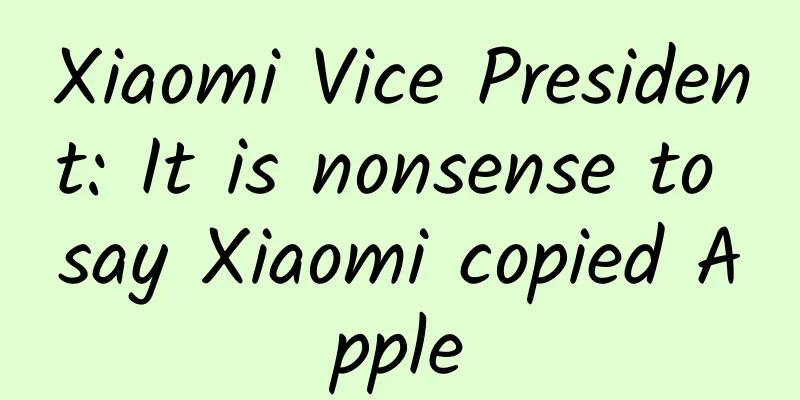Android: Visibility and accessibility of exported components

|
In Android development, android:exported is an attribute used to define whether a component (such as Activity, Service, BroadcastReceiver, ContentProvider, etc.) can be accessed by other applications. In the AndroidManifest.xml file, use the android:exported attribute in the <activity>, <service>, <receiver>, <provider> tags to define the visibility and accessibility of the component. android:exported is true:
android:exported is false:
Starting with Android 12 (API level 31), the system begins to check the value of android:exported more strictly. If the system detects that a component's android:exported value does not match its functionality (for example, an implicit Intent can start an Activity that is not declared exported=true), or binds to a Service that is not declared exported, the app may crash or encounter other problems at runtime. To ensure the stability and security of your app, you should explicitly set the value of android:exported and make sure it matches the actual purpose of the component. |
>>: iOS 17.5 official version released, do you want to update?
Recommend
Android 7.0 has been released for two months and its market share is only 0.3%
Android system share According to foreign media r...
How to optimize Google search ad keywords?
I believe everyone knows the importance of Google...
What is the "crucifix" of solid-state battery performance degradation? "Artificial Intelligence Microscope" to find out
Produced by: Science Popularization China Author:...
Do you think you can operate well just by reading the dry goods? Stop dreaming!
Just like I have heard a lot of truths, but I sti...
Operators, have you built your data analysis framework?
Data analysis, as a core skill that operations pe...
What is the secret to AO Smith’s success in innovation?
Mastering "core technology" is the capi...
How to turn "fragile ice" into "strong ice"? | World Glacier Day
On December 14, 2022, the United Nations General ...
What is play therapy? Can it really cure illness?
In this era full of laughter and joy, every child...
The first "miracle drug for myopia" in China has been approved for sale! Please note that it can't be used just because you are myopic
The latest information on the official website of...
How many of the internet celebrity brands that have been all over the screen are still alive?
Although today, many emerging consumer brands hav...
BYD: BYD passenger car sales in May 2024 totaled 330,488 units, a year-on-year increase of 38%
BYD has announced its sales results for May, with...
2019, top ten marketing keywords!
In a blink of an eye, 2019 is coming to an end As...
"Operating core users" actual case analysis!
Every product operates core users, but also encou...
Google explains AlphaGO's data sources, algorithms, and the significance of the human-machine Go game
What is the significance of Google's artifici...
Meituan Operations: The Marketing Logic of Meituan Takeaway Monthly Card
Buy monthly pass at super low price First, let’s ...









![Unity3D game special effects comprehensive training course [HD quality with materials]](/upload/images/67cc0b40a07c3.webp)